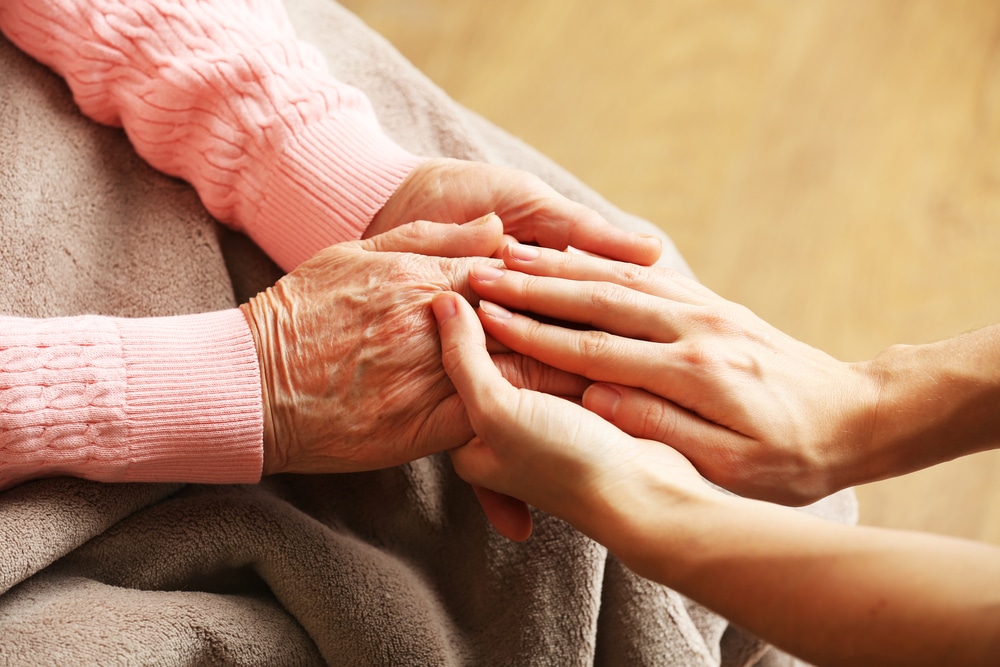What to Do if You Suspect Elder Abuse
All too often, when the oldest members of society become too old to take care of themselves they become isolated and neglected by the family and professionals who should be taking care of them — and the ramifications can be devastating.
According to the National Council on Aging (NCOA), elders who have been abused have a 300% higher risk of death when compared to those who have not been mistreated. And while likely under-reported, the organization also estimates that elder financial abuse and fraud costs older Americans from $2.9 billion to $36.5 billion annually.
Elder abuse comes in many forms. It includes physical abuse, emotional abuse, sexual abuse, exploitation, neglect, and abandonment. Perpetrators include children, other family members and spouses — as well as staff at nursing homes, assisted living and other facilities.
Know the Signs of Elder Abuse
There are several signs that an individual is being abused or neglected, according to the National Institute on Aging, including:
- The individual stops taking part in activities he or she enjoys
- The individual looks messy, with unwashed hair or unwashed clothes
- The individual has unexplained bruises, burns, cuts or scars
- The individual develops sores or other preventable conditions
What to Do if You Suspect Elder Abuse
If you suspect a senior citizen in your life is dealing with abuse or neglect, help is available. There are several steps you can take to help them.
Stay in Contact with Your Loved One: Remaining in contact with a loved one who is in a nursing home or even in the care of another relative may help prevent abuse or alert someone more quickly if it starts to occur.
Talk to Your Loved One: If you suspect your loved one may be experiencing abuse or neglect, it is important to have a conversation with them. Keep in mind, however, the individual might feel embarrassed or afraid. They need to know they are supported, however. If the person denies they are being abused but you still have suspicions, you can still report the situation and it can still be investigated.
Call Adult Protect Services: Depending on your local county, there may be an Adult Protective Services (APS) agency available assist elder adults age 65 years and above as well as dependent adults who are under 65 but have a disability. They can help in situations when these adults are incapable of meeting their own needs or if they’ve fallen victim exploitation, neglect, or other forms of abuse. County APS agencies are responsible for investigating elder abuse reports in private homes, apartments, hotels or hospitals.
When you file a complaint, the licensing agency will make an unannounced visit to the facility to investigate the complaint within 10 days of receipt of the complaint and you will be informed of the results. APS will also help you understand the next steps.
When making a report, your name will remain anonymous unless you the organization permission to use it.
Call the police: If you believe there is physical or sexual abuse involved, you should also report it to local law enforcement.
Hire an attorney: Search for local attorneys like Quirk Reed LLP that can handle nursing home neglect cases and can help you and your loved ones pursue a claim against the caregiver who has abused the elderly individual and the business that employs him or her. Civil damages may be available to cover the victim’s injuries and pain and suffering.
